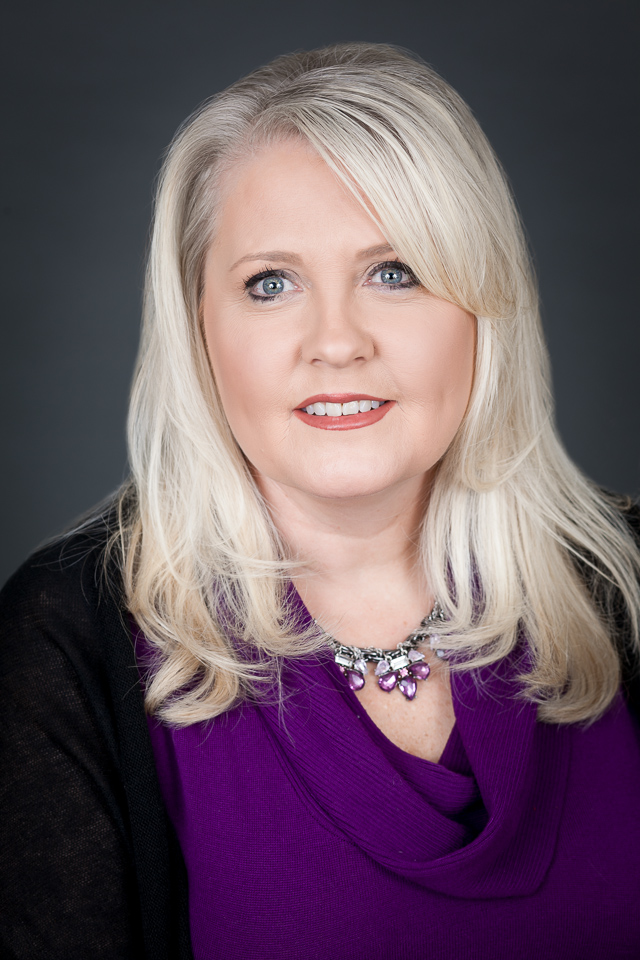FAYETTEVILLE, Ark. – The Eleanor Mann School of Nursing at the University of Arkansas is helping fill a gap in information for nurse practitioners about the Zika virus.
According to research cited by three faculty members and a graduate student in an article published this month, nurse practitioners report inadequate education on infectious disease processes in U.S. nursing schools. Charleen McNeill, Marilou Shreve and Anna Jarrett, assistant professors of nursing, and Cheryl Perry, a graduate assistant, wrote “Zika: What Providers Need to Know” published this month in The Journal for Nurse Practitioners.
There were 691 cases of Zika in the United States reported to the federal Centers for Disease Control and Prevention as of June 8, all of them associated with travel from other countries. The virus is spread through mosquito bites and can be sexually transmitted. The most common symptoms of Zika are fever, rash, joint pain and conjunctivitis, or red eyes. People who are infected usually don’t get sick enough to go the hospital, according to the CDC, and they rarely die of Zika. However, infection during pregnancy can cause a severe birth defect called microcephaly and other severe fetal brain defects.
“My colleagues and I were intrigued by the news stories regarding Zika and determined it was an important topic for our state,” McNeill said. “We reached out to The Journal for Nurse Practitioners to ascertain their interest, and they were extremely interested. They asked us to get the article written quickly, which we did.”
The lack of adequate education not only about infectious disease processes, but also for other types of emergencies and disasters, is common at all levels of nursing education, she said.
“In the Eleanor Mann School of Nursing, we are addressing it both at the undergraduate and graduate levels.”
In the Bachelor of Science in Nursing programs, instructors discuss personal protective equipment and demonstrate putting it on and taking it off, she said. Students learn about disease epidemiology and disasters in a “Community Health” course, and the school created a class scheduled to start this fall called “Special Topics in Nursing: Disasters, Emergency Management and Preparedness” to discuss such topics in more detail.
Within the graduate level programs in the nursing school, various courses cover concepts in infectious disease management, including courses on pharmacology, pathophysiology and chronic and acute disease management. The adult geriatric acute care track offers an option for students to complete a clinical practice rotation with an infectious disease care provider. The family nurse practitioner track will include content on diseases such as Zika in an “Emerging Issues” course that will be offered for the first time next spring.
The journal article for nurse practitioners covers epidemiology, prevention, screening, diagnosis and treatment of Zika.
The article directs nurse practitioners how to educate their patients about the Zika signs and symptoms, prevention of mosquito bites, sexual transmission and travel instructions. One key is for nurse practitioners to ask the correct questions to ascertain whether their patients, particularly those who are pregnant, may have the Zika virus.
“Zika may have an explosive global impact,” the article said. “Health care providers need to assess a patient’s risk for exposure and complications from Zika. The assessment should include a patient’s recent or future travel, recent travel by the patient’s sexual partner, and the likelihood of pregnancy of the patient or their sexual partner. The identification of potential exposure to Zika should lead to a thorough, sensitive conversation on the CDC’s recommendations of abstinence, use of condoms, postponing pregnancy, and a rapid referral to specialists when indicated. Keep in mind this conversation may have significant ethical and religious implications.”
About the Eleanor Mann School of Nursing: The Eleanor Mann School of Nursing offers a Doctor of Nursing Practice online, a Master of Science in Nursing online and an R.N. to B.S.N. degree-completion program online as well as an on-campus Bachelor of Science in Nursing degree. The nursing school is located in the Epley Center for Health Professions, a facility that opened in 2012 with five high-fidelity simulation labs in which mannequins simulate patient conditions and offer scenarios for nursing students to address.
About the University of Arkansas: The University of Arkansas provides an internationally competitive education for undergraduate and graduate students in more than 200 academic programs. The university contributes new knowledge, economic development, basic and applied research, and creative activity while also providing service to academic and professional disciplines. The Carnegie Foundation classifies the University of Arkansas among only 2 percent of universities in America that have the highest level of research activity. U.S. News & World Report ranks the University of Arkansas among its top American public research universities. Founded in 1871, the University of Arkansas comprises 10 colleges and schools and maintains a low student-to-faculty ratio that promotes personal attention and close mentoring.
Topics
Contacts
Charleen McNeill, assistant professor of nursing
Eleanor Mann School of Nursing
479-575-4695,
Heidi Wells, director of communications
College of Education and Health Professions
479-575-3138,
